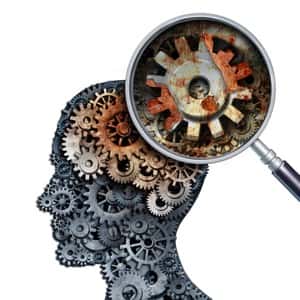
There is growing evidence that proton pump inhibitors (PPIs) can cause kidney injury. A report from the meetings of the American Society of Nephrology in Chicago (November 18, 2016) has added more data linking PPIs to kidney damage. We wrote about this just a few months ago.
Kidney Function and Dementia:
A new study suggests that when people experience kidney damage, they may become more susceptible to cognitive decline. The researchers followed more than 2,000 people who had hypertension. Those who had more protein in their urine, an indication of poor kidney function, fared worse on their cognitive tests. Memory, attention, and executive function were all affected. Brain images showed that people with levels of albumin in urine had brain changes suggesting neuronal damage.
A Double Wammy: PPIs and Dementia:
OK, this gets complicated so please pay attention.
- Proton pump inhibitors are linked to kidney damage and chronic kidney disease.
- Poor kidney function is linked to memory problems and cognitive deficits
- PPIs have been linked to dementia.
What Should We Make of the New Data?
The association between PPIs and kidney damage seems pretty solid to us. The link to brain fog is relatively new. Whether it is a secondary result of reduced kidney function, nutrient depletion or some other factor is hard to say. There is some suggestion that PPIs may directly impact the brain in a negative manner.
Researchers need to figure this out pronto. It has been estimated that 15 million Americans rely on prescription-strength PPIs to ease heartburn and control acid reflux. That does not count the millions more who take these drugs over the counter. We need to know if such drugs pose a serious risk of kidney damage and dementia to substantial numbers of the population. Until that question is answered people should discuss the new data with a physician. No one should ever stop such medicine suddenly. Rebound hyperacidity is a bear to overcome.

